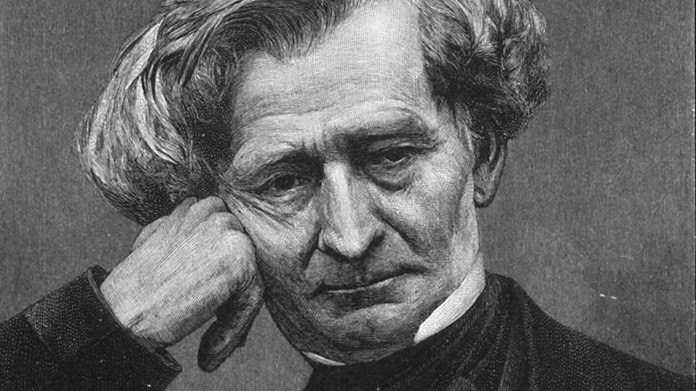
Down at local watering hole some months ago, before we all started wearing masks and could sit within six feet of each other, I found myself in conversation with someone who began to tell me the kinds of food that he “hated”. I cannot recall the items in much detail because I found my mind wandering to more positive thoughts. Anchovies stuck in my mind. He hated anchovies. But he also hated asparagus, olives and countless other things. He didn’t say exactly why he found these items so objectionable and to be quite honest I wasn’t interested enough to ask. Nevertheless, his constant use of the word “hate” seemed unnecessarily emphatic.
Please Support Pattaya Mail
I suppose nearly all children are aware of some foods they dislike. I’d guess that most children simply grow out of these fads as they are exposed to new experiences and their taste gradually becomes more sophisticated. At the same time, I bet there are many people who carry childhood food dislikes right through into adulthood and by doing so probably deprive themselves of rewarding experiences. As a child, there were certainly things I didn’t like. Brussels sprouts, for example. Although I didn’t realize at the time, the bitter taste is caused by the presence of compounds called isothiocyanates which are produced when the vegetable is cooked. To 70% of the population, they taste agonizingly bitter, whereas to the remaining 30%, who are presumably Brussels sprouts enthusiasts, these isothiocyanates are completely tasteless.
As a young teenager, I also took a dislike to the music of Berlioz though on reflection I have no idea why. Perhaps I just didn’t like people who were named Hector, or perhaps he somehow reminded me of Brussels sprouts. But as I discovered a few years later, the dislike was totally irrational, for he wrote some jolly good music. So to make up for my unjustified teenage dislike for someone who might have been quite a nice bloke, today I’ll give him double billing.
Unlike some of his contemporaries, Berlioz (BEHR-lee-ohz) was not a child prodigy and he started studying music with the aid of text-books at around the age of twelve. His father Louis was an eminent doctor and the first in Europe to experiment with acupuncture. Not surprisingly, after leaving high school in 1821, the young Hector was pushed off to Paris to study medicine. But medical studies didn’t interest him. Like my acquaintance and his anchovies, Hector hated medical studies. Instead, he enrolled for private music lessons and later attended the Paris Conservatoire.
Berlioz wrote about ten concert overtures between 1826 and 1851 and they mostly have connections to literary themes or historical figures. This overture was first performed in Paris in February 1844. Six years earlier Berlioz had completed his opera Benvenuto Cellini after being captivated by the colourful memoirs of the eponymous sixteenth century Florentine sculptor. To create this stand-alone piece, Berlioz used various melodies from the opera as well as some material from the opera’s carnival scene, hence the overture’s title.
Berlioz was one of the most progressive composers of his time and astounded audiences with modern sounds, unexpected musical twists and original harmonies. Although this overture has a lively beginning, the first few minutes are dominated by a lyrical melody first heard on the cor anglais, a kind of alto oboe. Even if you don’t know the overture, you may well recognise this tune. At 03:40 the carnival really gets going and jollity abounds. There’s brilliant orchestration too, from a past master of the art. He didn’t earn the title of “the father of modern orchestration” for nothing.
When he was visiting Rome in 1831, Berlioz discovered that his fiancée had left him for someone else. After trying to drown himself in the Mediterranean (as one does), he moved to Nice and spent time near a ruined coastal tower reading romantic novels of pirates or corsairs as they were sometimes known. He returned to Nice for a holiday thirteen years later, evidently on doctors’ orders and re-worked some earlier musical sketches into the Le Corsair overture which he originally called La Tour de Nice (“The Tower of Nice”).
It was first performed in Paris in 1845 but was later revised and renamed though it has no direct connection with Byron’s The Corsair, even though Berlioz had read the book. It’s one of the composer’s most popular concert pieces but surprisingly it wasn’t played often during his lifetime.
Incidentally, Berlioz was also passionate about fine food. His name is associated with a dish known as Eggs Berlioz, which requires soft-boiled duck eggs, butter, cream, truffles, mushrooms, duchesse potatoes and Madeira wine. I read somewhere that several recipes also recommend the inclusion of anchovies.
 |
 |
 |





